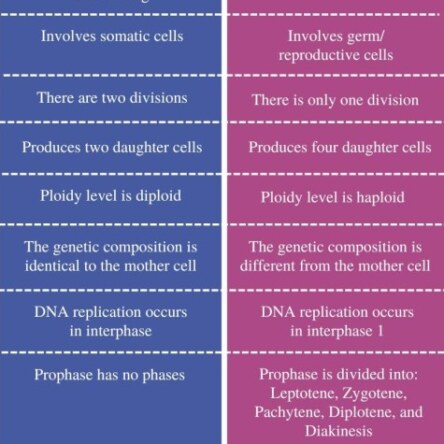How do the Dead Sea Scrolls contribute to our understanding of Judaism?
Correct Answer: Infrared waves are largely absorbed by water vapor that is concentrated in the lower atmosphere. Explanation: "The total amount of insolation received at the equator is roughly about 10 times that received at the poles." Incorrect. While there is a significant difference in insolatioRead more
Correct Answer: Infrared waves are largely absorbed by water vapor that is concentrated in the lower atmosphere.
Explanation:
- “The total amount of insolation received at the equator is roughly about 10 times that received at the poles.”
Incorrect.
While there is a significant difference in insolation between the equator and the poles due to the angle of incidence of solar radiation, it is not as extreme as 10 times. The actual difference is much smaller, generally ranging from 2 to 3 times. - “Infrared rays constitute roughly two-thirds of insolation.”
Incorrect.
Infrared rays are part of the electromagnetic spectrum, but they only constitute a small portion of the incoming solar radiation (insolation). The majority of insolation consists of visible light and ultraviolet radiation. - “Infrared waves are largely absorbed by water vapor that is concentrated in the lower atmosphere.”
Correct.
Infrared waves, which are long-wavelength radiation, are absorbed by greenhouse gases such as water vapor, carbon dioxide, and methane. Water vapor, concentrated in the lower atmosphere (troposphere), plays a major role in absorbing and trapping infrared radiation, contributing to the greenhouse effect. - “Infrared waves are a part of the visible spectrum of electromagnetic waves of solar radiation.”
Incorrect.
Infrared waves are not part of the visible spectrum. The visible spectrum includes wavelengths between 400-700 nanometers, whereas infrared waves are longer than this range and are not visible to the human eye.








The true nature of free will is a deeply philosophical and debated topic, encompassing perspectives from metaphysics, neuroscience, psychology, and theology. It primarily concerns whether humans have the ability to make choices independently of external constraints or predetermined factors. Here areRead more
The true nature of free will is a deeply philosophical and debated topic, encompassing perspectives from metaphysics, neuroscience, psychology, and theology. It primarily concerns whether humans have the ability to make choices independently of external constraints or predetermined factors. Here are the main views on the nature of free will:
1. Libertarian Free Will
2. Determinism
3. Compatibilism (Soft Determinism)
4. Hard Determinism
5. Indeterminism
6. Theological Perspectives
7. Neuroscientific Insights
Philosophical Implications
The true nature of free will remains unresolved, blending elements of autonomy, causality, and perception. Whether free will exists in an absolute sense or is a subjective experience, it plays a crucial role in how humans understand morality, agency, and existence. The question may ultimately depend on personal beliefs and interpretations of reality.
See less